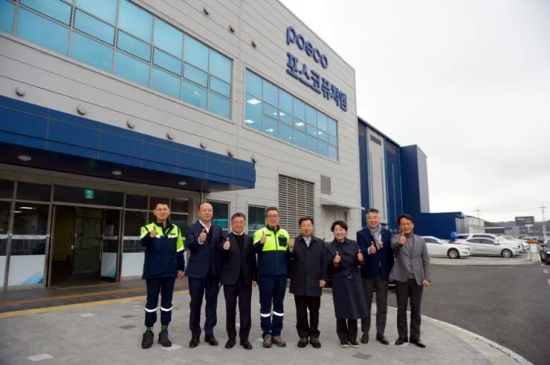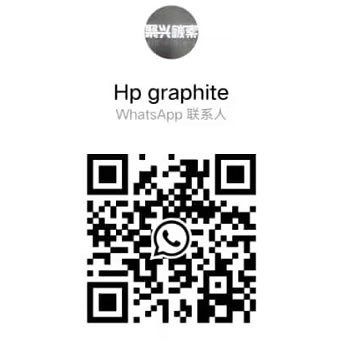【Graphite】South Korea to Subsidize Graphite Anode Material Projects

【Graphite】South Korea to Subsidize Graphite Anode Material Projects
The South Korean Ministry of Trade, Industry, and Energy announced on the 15th that, in light of the escalating U.S.-China trade war, it will provide loans and subsidies to companies like POSCO to ensure the security of the domestic supply chain and diversify the supply of graphite, a critical material for secondary battery anodes.
According to a ministry official, the South Korean government has released the Eco-Friendly Vehicle and Secondary Battery Competitiveness Enhancement Plan. To stabilize the supply and demand of high-risk economic security products, the government will launch a "Supply Chain Stabilization Support Project" to encourage domestic production or diversified imports.

The project primarily aims to promote domestic production of key raw materials. If domestic production faces challenges such as low profitability or losses, companies are encouraged to import high-dependence products from countries other than China, with importers compensated based on the price difference.
Graphite, a core material for secondary battery anodes, is dominated globally by Chinese companies, which control the market for both natural and synthetic graphite. South Korea's three major battery companies—LG Energy Solution, SK On, and Samsung SDI—rely heavily on Chinese suppliers, with some sourcing from the country's only anode material producer, POSCO FutureM.
By export volume, the world's top nine graphite exporters are all Chinese companies, with POSCO FutureM ranking tenth as the only non-Chinese company in the top ten.
Industry sources reveal that South Korea faces pressing challenges in ensuring "graphite security" beyond capacity issues, including intense price competition from Chinese companies. Chinese firms offer natural graphite-based anode material products at $2 per kilogram, 40–50% lower than POSCO FutureM's prices.
For example, due to reduced orders from domestic and international customers, the operating rate of POSCO FutureM's Sejong plant, which produces natural graphite-based anode materials, has recently fallen to around 10%. It is estimated that POSCO FutureM lost several hundred billion Korean won in its anode material business during just the first three quarters of last year.
Industry representatives have welcomed the government subsidies and hope that the South Korean government will provide similar support across the entire value chain of secondary batteries, including raw materials, EV batteries, and electric vehicles, to improve the price competitiveness of domestically produced products.
Feel free to contact us anytime for more information about the graphite market. Our team is dedicated to providing you with in-depth insights and customized assistance based on your needs. Whether you have questions about product specifications, market trends, or pricing, we are here to help.
No related results found








0 Replies